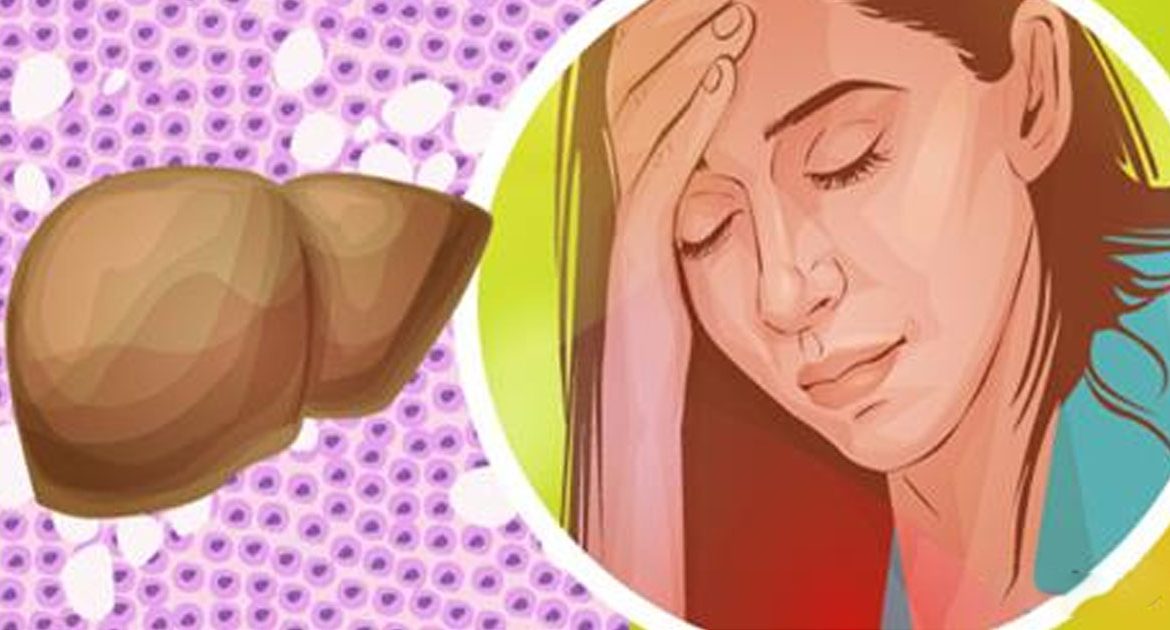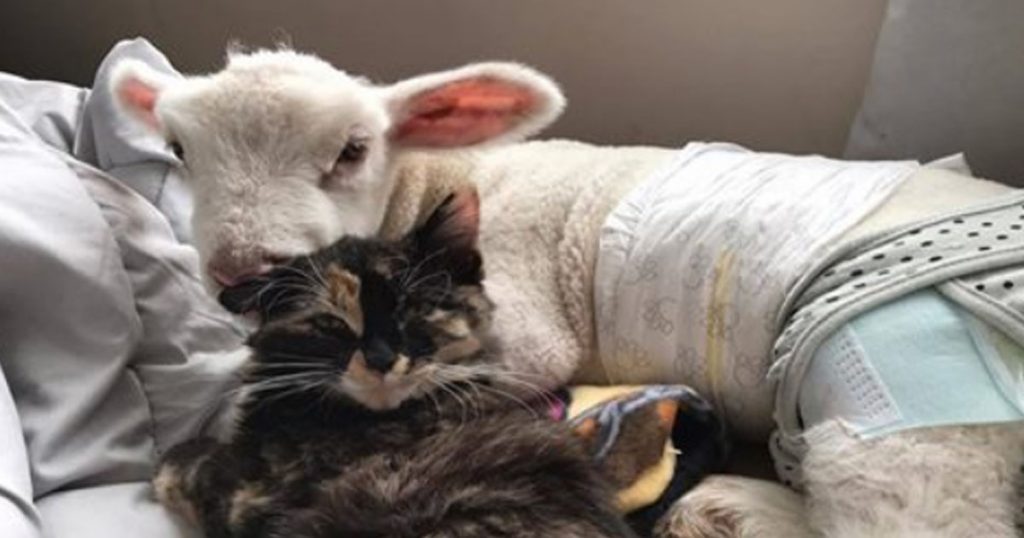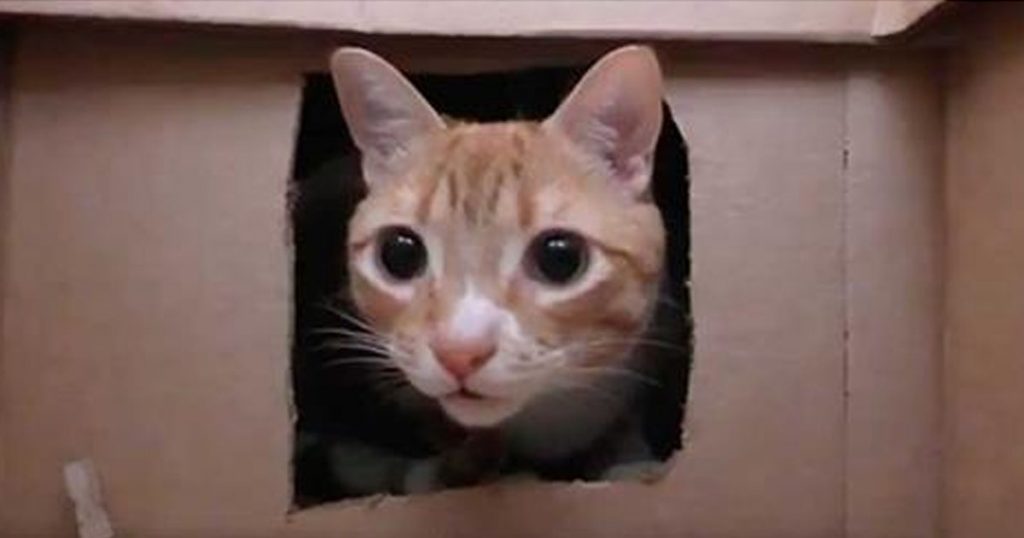The liver is responsible for many important functions in your body. It aids digestion, stores certain nutrients, and helps your body get rid of toxins. It’s normal for your liver to have a small amount of fat, but too much fat in the organ can impair its function. The condition in which fat accumulates in your liver is known as fatty liver disease.

There are two types of fatty liver disease:
- alcoholic fatty liver disease, also known as alcoholic steatohepatitis;
- non-alcoholic fatty liver disease (NAFLD).
Your liver is an organ that is surprisingly good at repairing itself. It means fatty liver disease may be reversed if it hasn’t progressed. What you have to do is make some lifestyle changes to help your liver recover.
Fatty liver disease risk factors
Heavy drinking is a major factor that can contribute to fatty liver disease. It’s not exactly clear what causes the disease in people who aren’t heavy drinkers, but some factors that can increase the risk of NAFLD include:
- being overweight or obese;
- having type 2 diabetes;
- high levels of blood cholesterol;
- high blood pressure;
- prolonged use of certain medicines such as corticosteroids;
- fast weight loss;
- being infected with viral hepatitis.
Symptoms of fatty liver disease
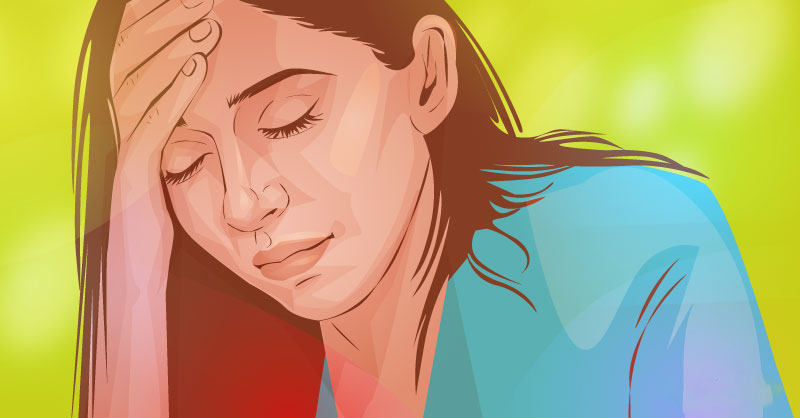
Fatty liver disease often shows no symptoms at all. Some people may experience tiredness and slight discomfort in the right upper abdomen.
If inflammation is present, you may have the following symptoms:
- fatigue;
- weakness;
- confusion;
- loss of appetite;
- pain in your belly.
People with fatty liver disease are at an increased risk of cirrhosis (liver scarring). Signs and symptoms of cirrhosis include:
- fluid buildup in the abdomen;
- muscle atrophy;
- internal bleeding;
- jaundice (skin and whites of the eyes turning yellow);
- liver failure.
Treatment of fatty liver disease
There is no standard treatment for fatty liver disease.
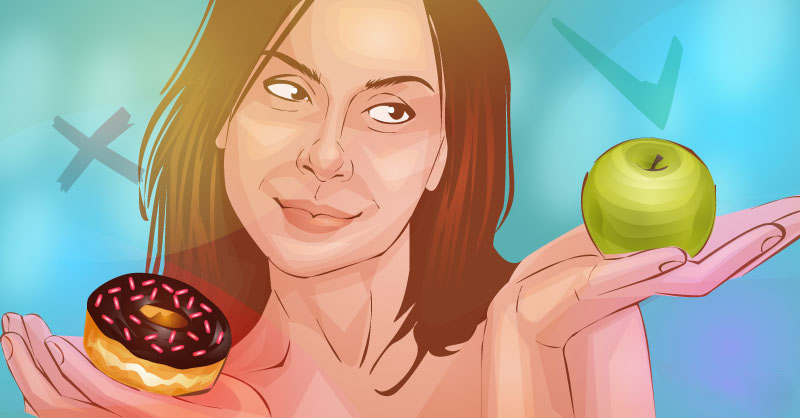
But here’s what you can do to help your liver get rid of excess fat:
- abstain from alcohol or at least limit it to one drink if you’re a woman and two drinks if you’re a man;
- get vaccinated for hepatitis A and B to avoid complications;
- if you have extra weight, gradual and healthy weight loss would help;
- cut down on fatty and sugary foods, eat more vegetables, fruits, and whole grains instead;
- if you’re taking any medicines, ask your doctor whether you need to change the dosage or start taking different medications.
